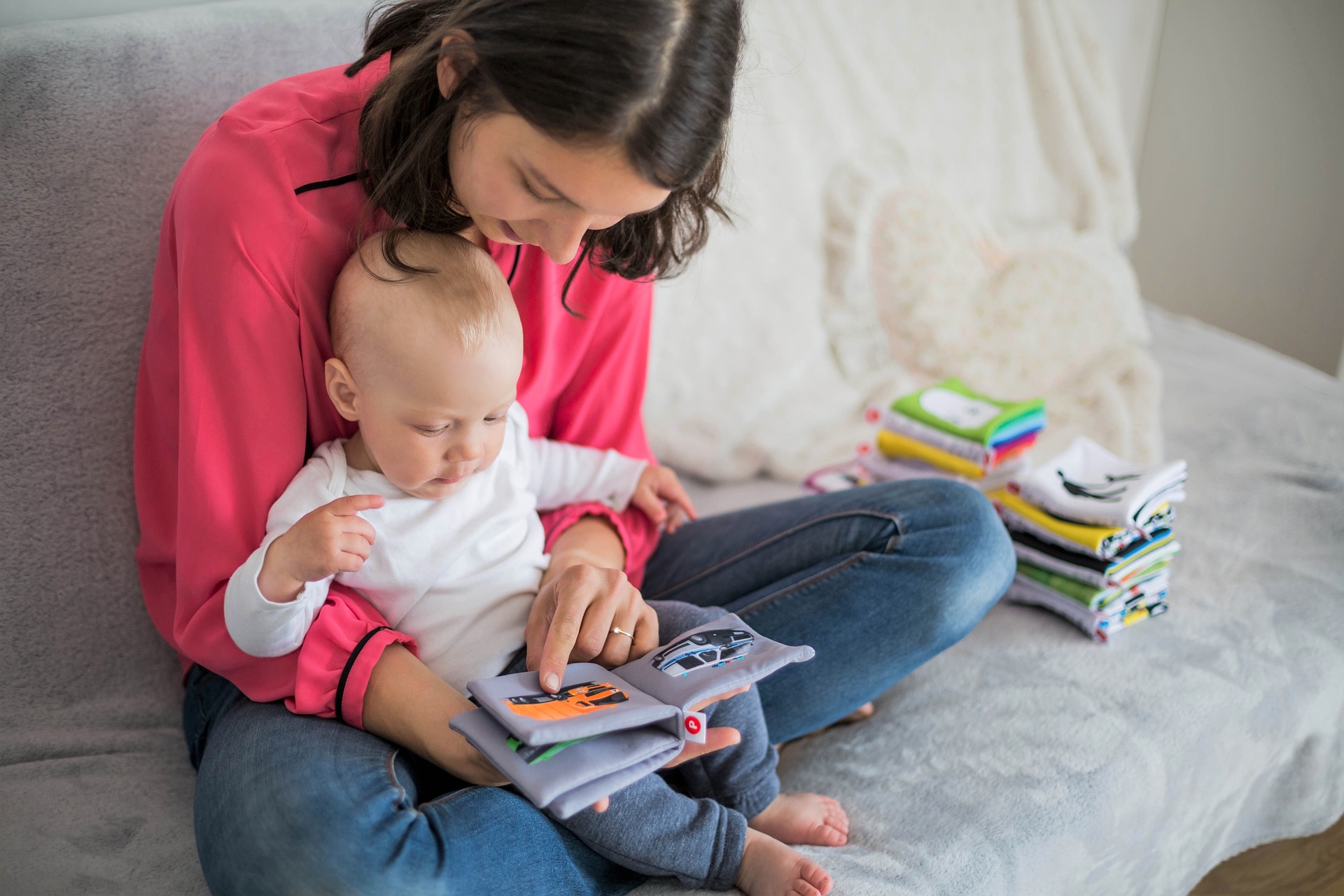New research from psychologist at Stanford University shows parents who talk directly to their toddler more, helps them learn to process language faster and accelerates growth of vocabulary. The research was published in Psychological Science.
The research found that children who heard child directed speech by their parents had larger vocabularies at 24 months, compared to toddlers who experienced less child directed speech.
 “By capturing different contexts of daily language interactions at home, we were able to show that adult speech to the child – but not speech simply overheard by the child – is important for vocabulary learning,” says Weisleder, a Stanford psychology professor. “Mere exposure to speech directed to others or on TV is not enough to drive early vocabulary development. Toddlers learn language in the context of meaningful interactions with those around them.”
“By capturing different contexts of daily language interactions at home, we were able to show that adult speech to the child – but not speech simply overheard by the child – is important for vocabulary learning,” says Weisleder, a Stanford psychology professor. “Mere exposure to speech directed to others or on TV is not enough to drive early vocabulary development. Toddlers learn language in the context of meaningful interactions with those around them.”
“As you learn language, you’re getting faster and more accurate at interpreting the words you know in fluent speech, and this helps you pick up and learn new words as well,” said Weisleder, who conducted the research as a graduate student in Fernald’s lab and is currently a postdoctoral fellow at the NYU School of Medicine.
During the course of a 10 hour day, the amount of child directed speech a child hears from an adult was very surprising and vastly different. One child heard just 670 child directed words the entire day, which is less than 67 words per hour. While another toddler heard over 12,000 words per day.
The study showed that toddlers who had more child directed speech, became more reliable and faster in interpreting speech, more efficient at processing language, and increased success in vocabulary learning.
The research also revealed that many parents were unaware that child direct speech made such an impact on their your children.
By engaging and talking to them in a supportive an engaging way, parents can build a strong foundation for learning speech and language. Parents who provide this linguistic nutrition, nature their child’s early brain development.


